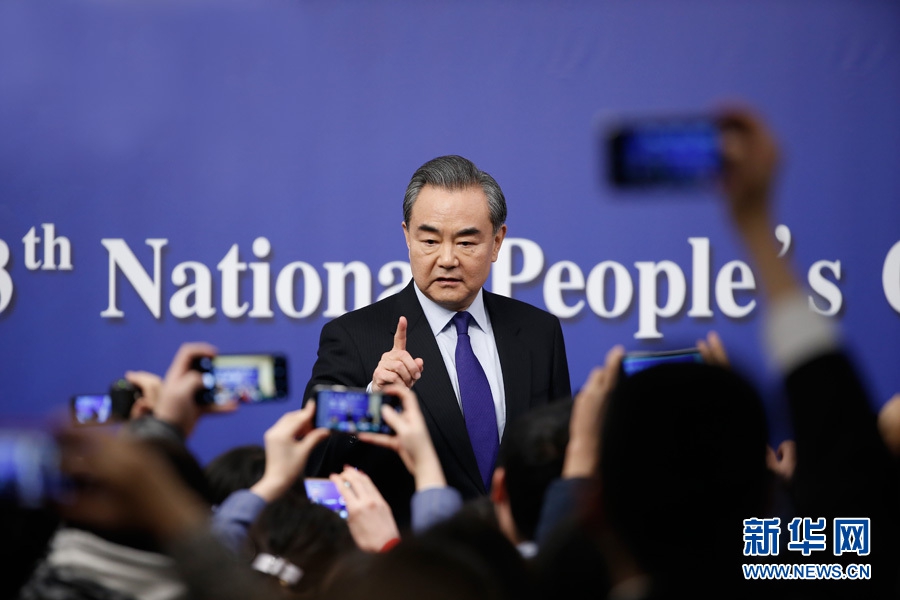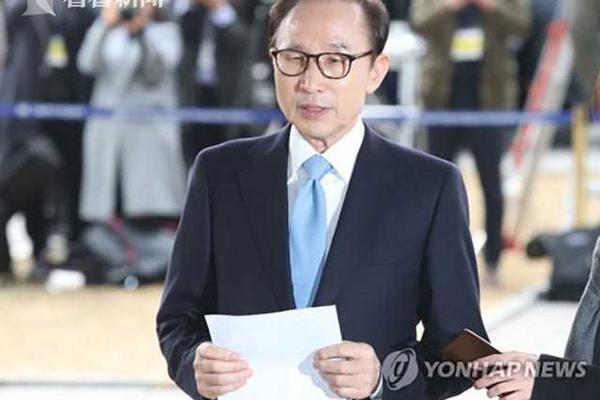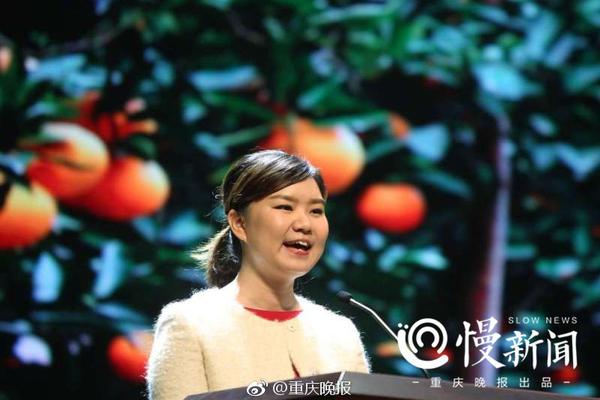
1. The five functions of the operating system are processor management, memory management, device management, file management and job management. Processor management The most basic function of processor management is to process interrupt events. After configuring the operating system, various events can be processed.
2. The main function of the computer operating system is process management, and its work is mainly process scheduling. In the case of a single user and a single taskNext, the processor is only monopolized by one user's task, and the process management work is very simple.
3. Operating System (abbreviation: OS) is a group of interrelated system software programs that supervise and control computer operation, use and run hardware, software resources and provide public services to organize user interaction.
4. Five major management functions of the operating system: (1) Job management: including tasks, interface management, human-computer interaction, graphical interface, voice control and virtual reality, etc. ( 2) File management: also known as information management. ( 3) Storage management: The essence is the management of storage "space", which mainly refers to the management of the main memory.
Any information system has five basic functions, namely: information collection and recording (input); information storage; information processing; information transmission; information output .
According to the functional introduction of the information system, the information system has five basic functions: input, storage, processing, output and control. Different functions have different functions, such as input function: the input function of the information system is determined by the purpose to be achieved by the system, the ability of the system and the permission of the information environment.
Five basic functions of the information system: input, storage, processing, output and control. Input function: The input function of the information system is determined by the purpose to be achieved by the system, the ability of the system and the permission of the information environment.Storage function: Storage function refers to the ability of the system to store various information and data. Mainly including: statistical functions.
The operating system has five functions: processor management: mainly controls and manages the work of the CPU. Storage management: mainly allocate and manage memory. Device management: mainly manage basic input and output devices. File management: responsible for the organization, storage, operation and protection of computer files.
The functions of the computer operating system include: processor management, memory management, device management, file management, job management and other functional modules. Processor management. The most basic function of processor management is to handle interrupt events. The processor can only detect interrupt events and generate interrupts and cannot process them.
The main function of the computer operating system is process management, and its main work is process scheduling. In the case of a single user and a single task, the processor is only monopolized by one user's task, and the work of process management is very simple.
The main functions of the operating system are process and processor management, job management, storage management, device management and file management, as follows: process and processor management. Because the execution of the program must rely on the processor, only one program flow can be processed and executed at any time. Homework management.
I) Processor management The most basic function of processor management is to handle interrupt events. The processor can only detect interrupt events and generate interrupts, and cannot handle these interrupt events. After configuring the operating system, all types of events can be handled.Another function of processor management is processor scheduling.
Five management functions of the operating system: job management: including tasks, interface management, human-computer interaction, graphical interface, voice control and virtual reality, etc. File management: also known as information management. Storage management: The essence is the management of storage "space", which mainly refers to the management of the main memory.

The storage management function of the operating system is to manage memory resources. It mainly realizes memory allocation and recovery, storage protection and memory expansion. The device management of the device management operating system is responsible for allocating and recycling external devices, and controlling external devices to operate according to the requirements of user programs.
The functions of the computer operating system include: processor management, memory management, device management, file management, job management and other functional modules. Processor management. The most basic function of processor management is to handle interrupt events. The processor can only detect interrupt events and generate interrupts and cannot process them.
The five functions of the operating system are processor management, memory management, device management, file management and job management.Processor management The most basic function of processor management is to process interrupt events. After configuring the operating system, various events can be processed.
Walletinvestor digi plus-APP, download it now, new users will receive a novice gift pack.
1. The five functions of the operating system are processor management, memory management, device management, file management and job management. Processor management The most basic function of processor management is to process interrupt events. After configuring the operating system, various events can be processed.
2. The main function of the computer operating system is process management, and its work is mainly process scheduling. In the case of a single user and a single taskNext, the processor is only monopolized by one user's task, and the process management work is very simple.
3. Operating System (abbreviation: OS) is a group of interrelated system software programs that supervise and control computer operation, use and run hardware, software resources and provide public services to organize user interaction.
4. Five major management functions of the operating system: (1) Job management: including tasks, interface management, human-computer interaction, graphical interface, voice control and virtual reality, etc. ( 2) File management: also known as information management. ( 3) Storage management: The essence is the management of storage "space", which mainly refers to the management of the main memory.
Any information system has five basic functions, namely: information collection and recording (input); information storage; information processing; information transmission; information output .
According to the functional introduction of the information system, the information system has five basic functions: input, storage, processing, output and control. Different functions have different functions, such as input function: the input function of the information system is determined by the purpose to be achieved by the system, the ability of the system and the permission of the information environment.
Five basic functions of the information system: input, storage, processing, output and control. Input function: The input function of the information system is determined by the purpose to be achieved by the system, the ability of the system and the permission of the information environment.Storage function: Storage function refers to the ability of the system to store various information and data. Mainly including: statistical functions.
The operating system has five functions: processor management: mainly controls and manages the work of the CPU. Storage management: mainly allocate and manage memory. Device management: mainly manage basic input and output devices. File management: responsible for the organization, storage, operation and protection of computer files.
The functions of the computer operating system include: processor management, memory management, device management, file management, job management and other functional modules. Processor management. The most basic function of processor management is to handle interrupt events. The processor can only detect interrupt events and generate interrupts and cannot process them.
The main function of the computer operating system is process management, and its main work is process scheduling. In the case of a single user and a single task, the processor is only monopolized by one user's task, and the work of process management is very simple.
The main functions of the operating system are process and processor management, job management, storage management, device management and file management, as follows: process and processor management. Because the execution of the program must rely on the processor, only one program flow can be processed and executed at any time. Homework management.
I) Processor management The most basic function of processor management is to handle interrupt events. The processor can only detect interrupt events and generate interrupts, and cannot handle these interrupt events. After configuring the operating system, all types of events can be handled.Another function of processor management is processor scheduling.
Five management functions of the operating system: job management: including tasks, interface management, human-computer interaction, graphical interface, voice control and virtual reality, etc. File management: also known as information management. Storage management: The essence is the management of storage "space", which mainly refers to the management of the main memory.

The storage management function of the operating system is to manage memory resources. It mainly realizes memory allocation and recovery, storage protection and memory expansion. The device management of the device management operating system is responsible for allocating and recycling external devices, and controlling external devices to operate according to the requirements of user programs.
The functions of the computer operating system include: processor management, memory management, device management, file management, job management and other functional modules. Processor management. The most basic function of processor management is to handle interrupt events. The processor can only detect interrupt events and generate interrupts and cannot process them.
The five functions of the operating system are processor management, memory management, device management, file management and job management.Processor management The most basic function of processor management is to process interrupt events. After configuring the operating system, various events can be processed.
UEFA Champions League live streaming app
author: 2025-01-09 23:21100 free bonus casino no deposit GCash
author: 2025-01-09 22:16 Hearthstone Arena win rate
Hearthstone Arena win rate
545.61MB
Check LR stock price Philippines
LR stock price Philippines
912.64MB
Check Hearthstone arena
Hearthstone arena
424.18MB
Check Hearthstone Wild Decks
Hearthstone Wild Decks
327.81MB
Check UEFA TV
UEFA TV
282.66MB
Check bingo plus update today Philippines
bingo plus update today Philippines
984.95MB
Check Bingo Plus
Bingo Plus
771.92MB
Check Arena Plus login
Arena Plus login
855.27MB
Check Walletinvestor digi plus
Walletinvestor digi plus
389.23MB
Check Casino Plus GCash login
Casino Plus GCash login
317.77MB
Check DigiPlus stock
DigiPlus stock
828.42MB
Check European Cup live
European Cup live
745.58MB
Check App to watch Champions League live free
App to watch Champions League live free
542.92MB
Check bingo plus update today
bingo plus update today
244.61MB
Check Casino free 100 no deposit
Casino free 100 no deposit
744.94MB
Check European Cup live
European Cup live
767.45MB
Check Europa League app
Europa League app
176.21MB
Check casino plus free 100
casino plus free 100
952.49MB
Check UEFA Champions League live
UEFA Champions League live
285.46MB
Check Champions League
Champions League
262.72MB
Check Hearthstone arena class win rates reddit
Hearthstone arena class win rates reddit
523.35MB
Check Casino Plus login register
Casino Plus login register
321.82MB
Check UEFA Champions League live
UEFA Champions League live
818.62MB
Check Europa League app
Europa League app
438.29MB
Check UEFA TV
UEFA TV
957.76MB
Check Bingo Plus stock
Bingo Plus stock
685.54MB
Check UEFA European championship
UEFA European championship
453.85MB
Check 100 free bonus casino no deposit GCash
100 free bonus casino no deposit GCash
273.98MB
Check Europa League app
Europa League app
583.56MB
Check UEFA European championship
UEFA European championship
491.56MB
Check Champions League
Champions League
593.37MB
Check Bingo Plus
Bingo Plus
714.44MB
Check DigiPlus stock
DigiPlus stock
439.59MB
Check UEFA TV
UEFA TV
359.56MB
Check TNT Sports
TNT Sports
229.78MB
Check Champions League
Champions League
571.14MB
Check
Scan to install
Walletinvestor digi plus to discover more
Netizen comments More
1597 UEFA Europa League
2025-01-09 23:05 recommend
222 DigiPlus fair value
2025-01-09 22:25 recommend
2316 DigiPlus fair value
2025-01-09 22:14 recommend
2497 bingo plus update today Philippines
2025-01-09 21:49 recommend
1906 UEFA live free
2025-01-09 21:48 recommend